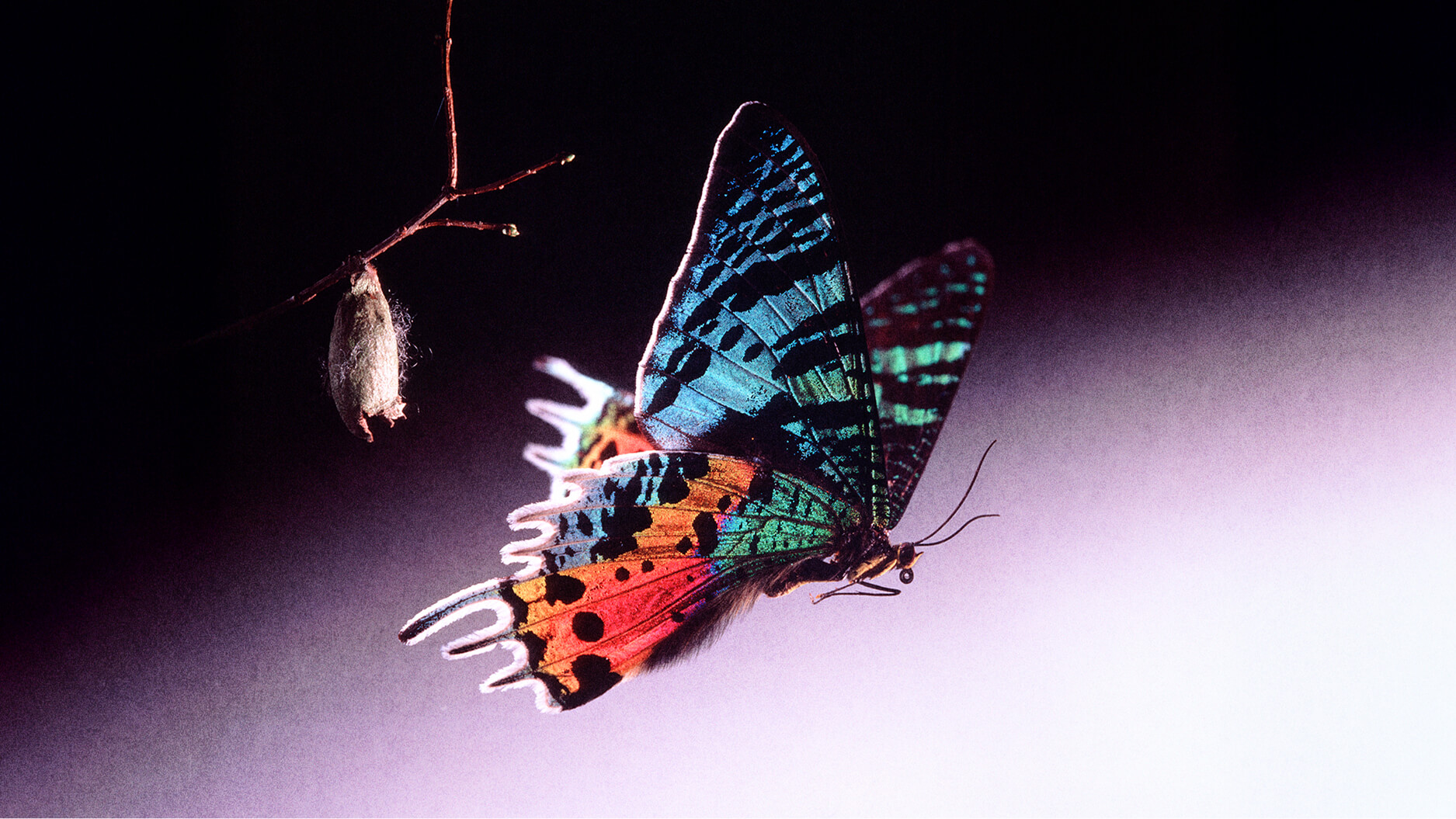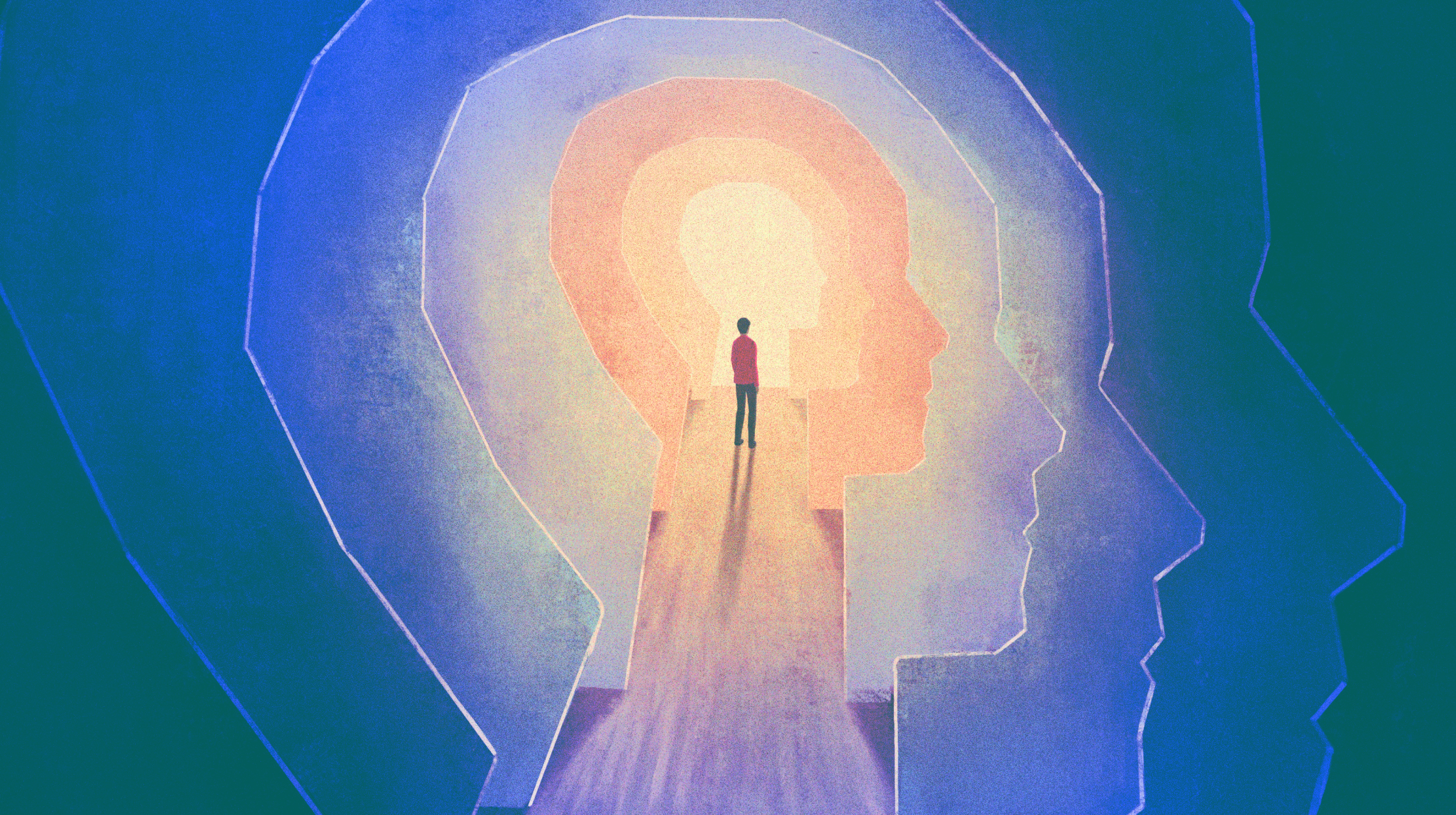Science makes everyone feel stupid. That’s okay!

In 2008, University of Virginia microbiologist Martin Schwartz recalled a meeting with an old friend, one who had been a PhD student with him and had left to attend Harvard Law School instead. At one point during their meeting, he asked why she dropped out.
“She said it was because it made her feel stupid. After a couple of years of feeling stupid every day, she was ready to do something else.”
Schwartz was astonished at the answer.
“I had thought of her as one of the brightest people I knew and her subsequent career supports that view,” he wrote.
Schwartz pondered on what his good friend had told him.
“What she said bothered me. I kept thinking about it; sometime the next day, it hit me. Science makes me feel stupid too. It’s just that I’ve gotten used to it. So used to it, in fact, that I actively seek out new opportunities to feel stupid. I wouldn’t know what to do without that feeling. I even think it’s supposed to be this way.”
Science humbles even the most brilliant people, bringing them to their intellectual knees. Such is the nature of an enterprise that delves into the unknown.
Schwartz’ meeting with his friend inspired an essay: “The importance of stupidity in scientific research,” published in 2008 to the journal Cell Science. In it, he argued why it’s not only okay to feel stupid, but why it’s a necessity.
He began his explanation with a simple and true statement.
“For almost all of us, one of the reasons that we liked science in high school and college is that we were good at it.”
But unfortunately, that leaves aspiring scientists with a specious impression. Because, as most established scientists know, science is not about taking tests or getting correct answers! Even the laboratory work most students perform in high school and college is structured to reach a predetermined end. In research, the conclusion is never known at the outset. Researchers may have a strong inkling what might happen, but they don’t know for certain.
When aspiring scientists reach graduate school and doctoral programs, being correct is no longer the goal. The goal is solving problems. It’s not the same.
“A Ph.D., in which you have to do a research project, is a whole different thing,” Schwartz wrote. “For me, it was a daunting task. How could I possibly frame the questions that would lead to significant discoveries; design and interpret an experiment so that the conclusions were absolutely convincing; foresee difficulties and see ways around them, or, failing that, solve them when they occurred?”
Schwartz’ personal breakthrough came when he realized that nobody, not even the advisors he looked up to, had the answers to his problem.
“The crucial lesson was that the scope of things I didn’t know wasn’t merely vast; it was, for all practical purposes, infinite. That realization, instead of being discouraging, was liberating. If our ignorance is infinite, the only possible course of action is to muddle through as best we can.”
Muddling earned Schwartz his Ph.D, as it has for countless other students. In fact, muddling is simply what researchers do. Science is like wading through a swamp only to reach a vast unexplored ocean.
“Science involves confronting our `absolute stupidity’. That kind of stupidity is an existential fact, inherent in our efforts to push our way into the unknown,” Schwartz wrote.
He believes scientists should embrace that stupidity.
“One of the beautiful things about science is that it allows us to bumble along, getting it wrong time after time, and feel perfectly fine as long as we learn something each time. No doubt, this can be difficult for students who are accustomed to getting the answers right. No doubt, reasonable levels of confidence and emotional resilience help, but I think scientific education might do more to ease what is a very big transition: from learning what other people once discovered to making your own discoveries. The more comfortable we become with being stupid, the deeper we will wade into the unknown and the more likely we are to make big discoveries.”
In the 16 years since it was published, Schwartz’ essay has become a source of solace for despairing doctoral students, a reminder that feeling lost is a sign you’re on the right course.
This article was originally published on RealClearScience. It was written by Ross Pomeroy, a regular contributor to Big Think.





